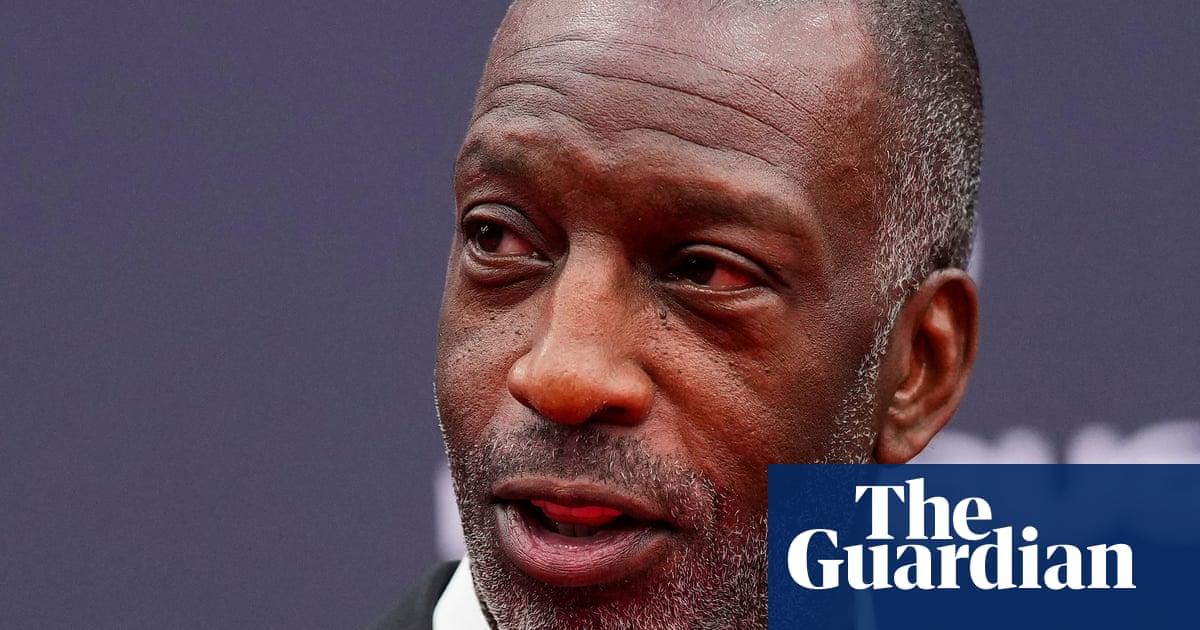Michael Johnson cancelled the final leg of the new Grand Slam Track series in Los Angeles before an emergency meeting with athletes on Thursday night, leaving the host of the 2028 Olympics and the country’s second-largest city without a major track meeting this summer.
Johnson raised around $30mto launch Grand Slam Trackthis spring, promising a new way of doing track – involving a group of runners under contract racing twice over a weekend and focusing more on where they finished than actual times.
Among the top athletes he signed were Olympic champions Sydney McLaughlin-Levrone and Gabby Thomas, though two other American track stars, Sha’Carri Richardson and Noah Lyles, did not race in the league.
The first three events, in Kingston, Jamaica, Miami and Philadelphia, raised about $9.45m, with another $3m expected to be paid in LA. Bonuses were expected to go to season-long winners of the categories.
The news on Thursday about the abrupt scrubbing of the meeting, scheduled for the last weekend in June at Drake Stadium, follows USA Track and Field’s decision to take an event set for earlier in June – the LA Grand Prix – off the calendar.
Max Siegel, USATF chief executive, told the Associated Press that the federation pulled its event because it was not viable to hold two major track meets in LA in the span of three weeks.
A person with knowledge of the Grand Slam Track decision told the AP it was because of economic problems with the venue. The person added the new track league is looking towards 2026 and is expected to announce new investors next week.
The person spoke on condition of anonymity because the decision had not been publicly announced. A meeting with the athletes was slated to take place later on Thursday.
Siegel said leaders at USATF “understand the significance of the [LA] market” and that there are plans for leaders to meet later this summer to coordinate the future of track there and throughout the United States, starting in 2026.
“It highlights the complicated way the [sport] works, and how difficult it is to financially sustain track meets,” Siegel said. “The only way to do it in a sustainable way is collaboration and partnerships.”
In the short term, USATF is looking to find meetings for a handful of athletes who still need to reach standards or collect points to qualify for world championships later this year and were planning to compete in Los Angeles.
The news was far from what Olympic and track leaders were hoping as they head towards the first Summer Games in the United States since 1996 in a city that, 12 years before that, put Carl Lewis, Edwin Moses, Evelyn Ashford and others in the spotlight.
